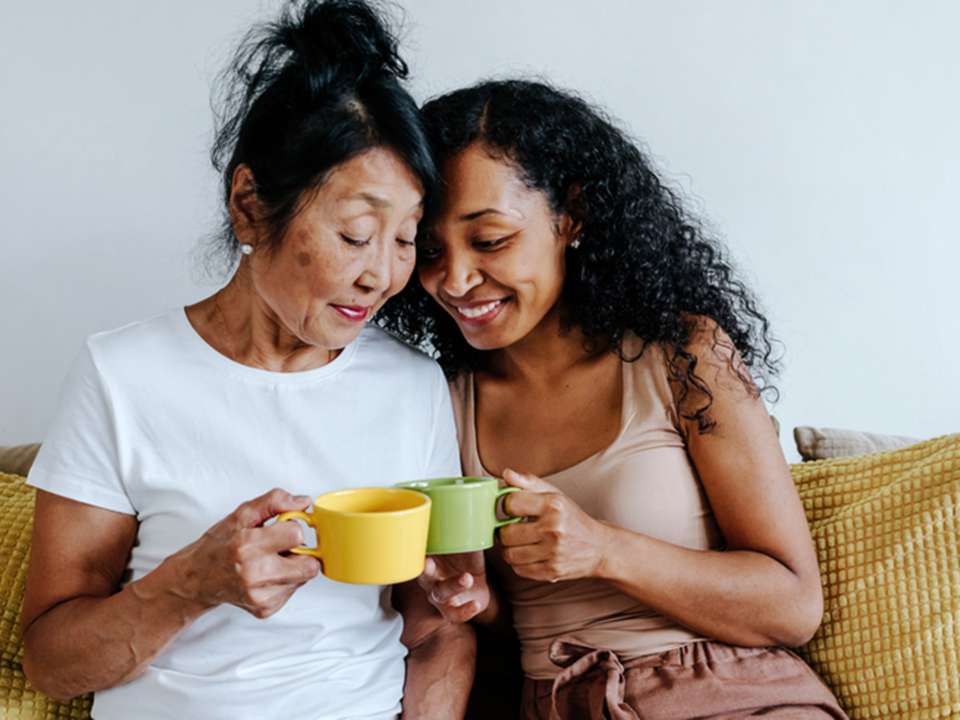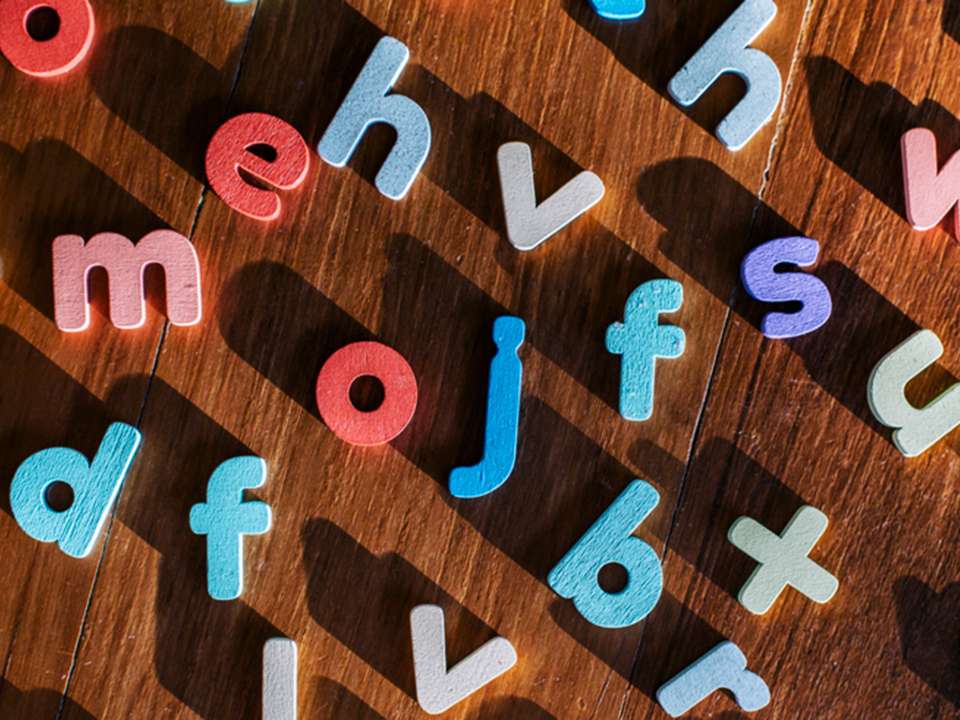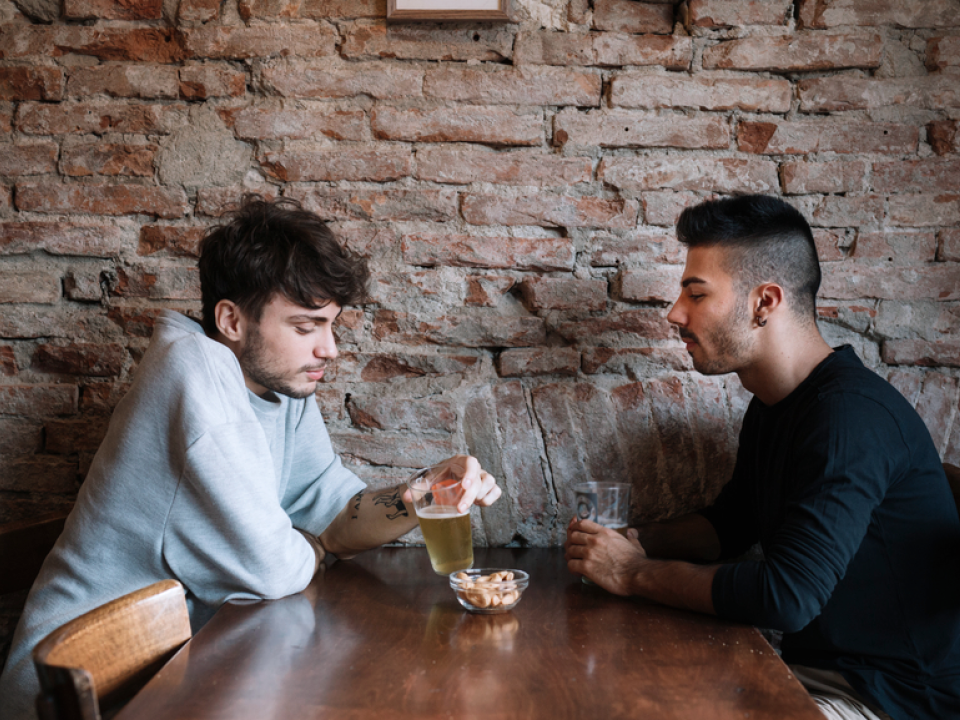What Extroverts Can Do to Stay Connected During COVID-19

You’re doing the right thing and staying home to help keep your family and community safe. But with the stay-at-home order in place until at least May 4 in Washington state, boredom and loneliness are starting to creep up on you.
While the coronavirus pandemic has changed everyone’s daily routines, staying at home can be particularly hard for social butterflies. Your typical jam-packed schedule of coffee dates, happy hours, networking events and get-togethers has suddenly become a string of wide-open days.
If you’re missing those in-person social activities, you’re not alone.
Dr. Kristen Lindgren, a psychologist at UW Medical Center – Roosevelt, shares how extroverts can meet their social and emotional needs during the coronavirus crisis.
Consider where you are getting your energy
Although psychologists have some different theories around extroversion, in general, personality psychology holds that extroverts are people who get their energy from socializing and from being around different people and doing a variety of activities, Lindgren says.
In short, socializing gives extroverts energy and makes them feel good.
You might have heard that extroversion is an all-or-nothing concept, where you are either 100% extroverted or 100% introverted, but it’s actually a spectrum — and most of us fall somewhere in the middle.
“Think about the analogy of morning people and night people,” Lindgren says. “You probably know some people who are really morning people or some who are really night owls, but most people are in between the two.”
If you land more toward the extroverted side of things, staying home and physically distancing yourself from others can feel draining.
You are not only missing quality time with your loved ones, but you also may be missing the breadth of activities and interactions you would typically have with others, from chatting with your barista to catching up with coworkers throughout the day.
Acknowledging that you are missing these interactions and the energy boost you get from them can help.
From there, it’s time to get creative with ways to engage with others while staying physically distant.
Be action oriented
Extroverts are often action oriented, and this trait can be leveraged during COVID-19 to both help the community and energize and reinforce extroverts themselves, Lindgren notes.
Wondering how you can take action while following physical distancing measures?
A great way to get engaged is to reach out to your community and see how you can help.
You can give blood, send your gratitude to healthcare workers, and donate supplies or funds (if you have the resources available to do so).
Check in on your neighbors by leaving a handwritten note on their doorstep or chat with them from the sidewalk while they are on their porch.
You can also offer to pick up groceries or other essential items for neighbors who are in a vulnerable population and are unable to do so themselves.
Set up a daily or weekly video call to chat with friends about how you are doing; catch up with someone you haven’t spoken to in a while; or share different skills with your neighbors via video conference call, whether it’s how to sew a protective mask or tips on cooking delicious recipes at home.
Doing these small activities will help give you a sense of action and will provide a broader social context to engage in.
The idea is to recreate that breadth and variety of social engagements to give you a sense of control and bolster your mood and energy levels.
Stop the stir crazy
You’re at home and it’s starting to feel like the walls are closing in on you.
Before you go full yellow wallpaper, experiment with different ways to release pent-up energy.
Exercise is a tried-and-true way to expel energy and boost your endorphins — and you can also add a sense of novelty by mixing up your practice.
If you usually do barre, try some yoga. If you’re all about high-intensity interval training (HIIT), check out an online Zumba class. Or get out of the house for some fresh air and take different loops around your neighborhood to switch up the scenery.
Plus, many live, online classes are currently free, so you can even work out with other people for some social interaction while you sweat.
Paradoxically, Lindgren also encourages practicing mindfulness to cope with feeling stuck or restless.
“Practice being still and letting things come and go to better tolerate feeling stir crazy,” she says.
You can find apps and online resources that will lead you through guided meditations, or simply give yourself a couple minutes a day to clear your mind and focus on some deep breathing.
Make it meaningful
Once you’ve scheduled your video chats and phone calls, how do you make the most of these interactions?
Focus on being present.
It can be easy (and tempting) to multitask while you are on a call, but by letting yourself get distracted, you are cheating yourself of the opportunity to fully connect with other people, Lindgren says.
Set aside time for your social engagements and then silence those pesky notifications and put away the to-do list.
This way, you’ll be better able to stay in the moment and enjoy the company of your loved ones.
Another way to get engaged is to put signs of support in your windows or chalk an uplifting message on the sidewalk.
“Try different things to see what’s going to work, and try them more than once,” Lindgren says. “The first time you try something it can be awkward and wonky, but if you give things a chance, they can become fulfilling and useful.”
The coronavirus is something that is completely new to all of us, so it might take some experimenting to find what coping strategies work best for you and what makes you feel energized and good — and that’s OK.
Play around and be creative; this will get easier as we all learn more and find ways to support each other during this crisis.
And to the friends, families and partners of extroverts: Make an extra call or send an extra text to the extrovert in your life.
In times like these, that extra show of love makes all the difference.
The info in this article is accurate as of the publishing date. While Right as Rain strives to keep our stories as current as possible, the COVID-19 pandemic continues to evolve. It’s possible some things have changed since publication. We encourage you to stay informed by checking out your local health department resources, like Public Health Seattle King County or Washington State Department of Health.

 Healthy ideas for your inbox
Healthy ideas for your inbox





